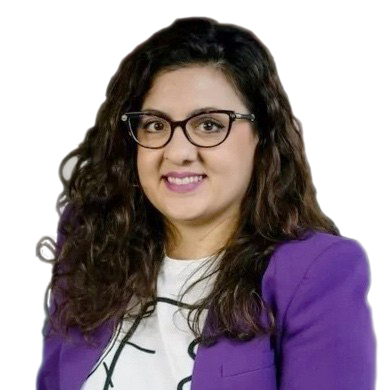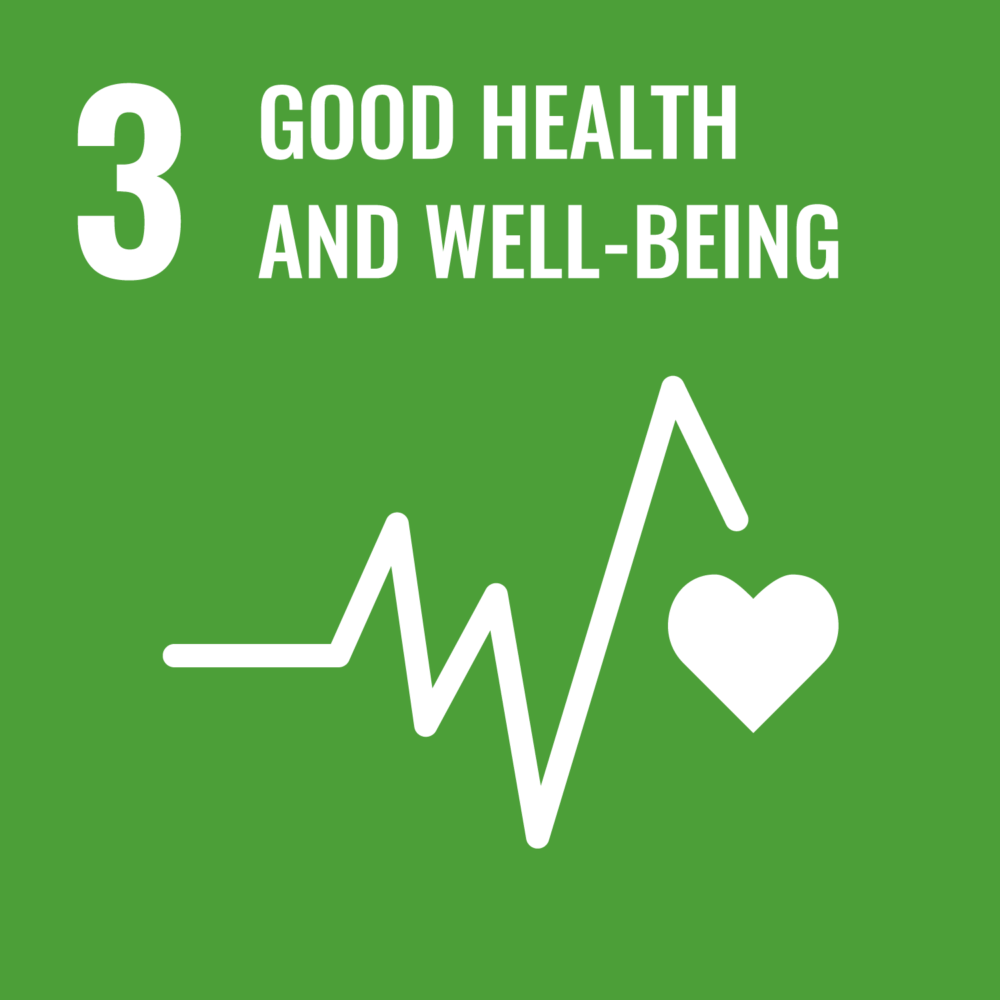Innovative forensic trace investigation via microfluidics and single-cell genomics
Sexual violence affects 1 in 10 women across Europe and has increased by 10% alone in 2021-2022. Most cases involve complex biological mixtures containing cells from the victim and perpetrator(s). Current forensic methods struggle to isolate individual DNA profiles, leaving many cases unresolved and perpetrators unprosecuted. Addressing these limitations is critical to improving evidence interpretation, ensuring justice for victims, and reducing societal impacts.
CapCell aims to deliver a new approach to improve forensics and lawful evidence collection with innovative microfluidics and single-cell genomics technologies to overcome the limitations of mixed DNA evidence.
Specifically, we will develop the CapCell toolkit comprised of ten easily integrated modules that capture, select, isolate, sequence and interpret individual cells of interest. We will co-create novel strategies and best practices with end-users and industry to improve evidence collection from postcoital swabs and contact traces. Recovered intact cells from male contributors will then be selected and isolated using innovative mobile microfluidic devices. By employing novel concepts, we will advance follow-up DNA sequencing assays and analysis tools to target diverse forensic biomarkers with single-cell resolution. We will align interpretation frameworks to suit single-cell DNA analysis and leverage machine learning to automate the forensic process. Eventually, CapCell will achieve its goal by validating and implementing the new toolkit (TRL5-7) in the relevant end-user environment, with the support of several forensic science institutes and police forces.
To reach its ambitious objectives, CapCell brings together an experienced intersectoral consortium of 13 partners from 8 European countries, with complementary expertise in forensic genomics, biosensor technology, bioinformatics, statistics and technology prototyping. Ultimately, CapCell will contribute to a safer and healthier society across Europe.
This project contributes to the UN Sustainable Development Goals (SDGs) 5, 16 and 3.
Coordinator:Maastricht University, NL
Partners:
- Catholic University of Leuven, BE
- Institute for Research and Innovation in Health, PT
- Medical University of Innsbruck, AT
- Netherlands Forensic Institute, NL
- Estonia Forensic Science Institute, EE
- Estonian Police and Border Guard Board, EE
- Austrian Federal Criminal Police, AT
- COPAN Italia S.p.a., IT
- NimaGen B.V., NL
- Voxdale GmbH, BE
- European DNA Profiling Group, DE
- accelopment Schweiz AG, CH





